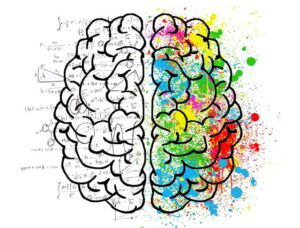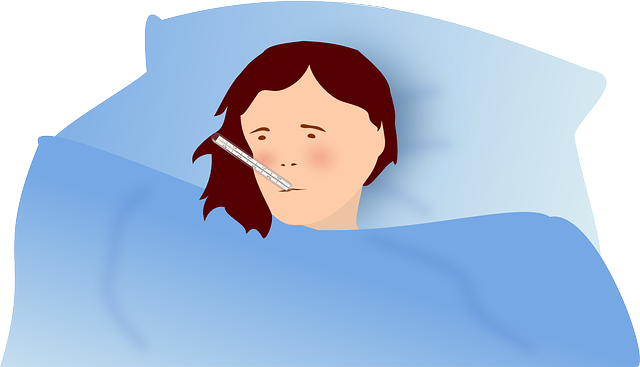Cognitive Behavioral Therapy (CBT) is one of the most widely used treatments for anxiety. It is a form of psychotherapy that focuses on changing the way people think, feel, and behave in certain situations. CBT is based on the idea that our thoughts, feelings, and behaviors are all interconnected, and that by changing one, we can affect the others. By identifying and challenging negative and unhelpful thought patterns, CBT can help people to reduce their anxious feelings and develop healthier coping strategies.
The main goal of CBT is to help people recognize and challenge the irrational thoughts and beliefs they have about certain situations, and to replace them with more helpful and realistic ones. This can be done through a variety of techniques including cognitive restructuring, exposure therapy, and relaxation techniques. Through these techniques, CBT can help to reduce anxiety symptoms and improve overall wellbeing.
One of the main benefit of CBT for anxiety is its focus on identifying and changing unhelpful thoughts and behaviors. By helping people to become aware of their thoughts and feelings, and how these may affect their behavior, CBT can help to change the way people respond to anxiety-provoking situations. This can lead to a reduction in anxiety symptoms, as well as improved ability to cope with stress.
Another benefit of CBT for anxiety is its focus on gradual exposure to anxiety-provoking situations. Through this technique, people can gradually become more comfortable with their anxiety and learn to cope with it more effectively. By gradually exposing themselves to situations that cause anxiety, people can learn to gradually reduce their level of fear and anxiety. This can help them to become more confident and less anxious in the long run.
CBT also emphasizes the importance of self-care and lifestyle changes. Through CBT, people can learn to identify ways to reduce their stress levels and create a healthier lifestyle. This can include things like regular exercise, healthy eating habits, and getting enough sleep. By making these changes, people can improve their overall wellbeing and reduce their anxiety symptoms.
Finally, CBT can also help people to develop better coping strategies for dealing with difficult situations. By teaching people how to effectively manage their emotions and reactions, CBT can help people to better manage their anxiety and reduce the impact it has on their lives.
Overall, Cognitive Behavioral Therapy can be an effective treatment for anxiety. By helping people to identify and challenge their irrational thoughts and beliefs, and by teaching them how to manage their emotions and reactions, CBT can help to reduce anxiety symptoms and improve overall wellbeing. Through its focus on gradual exposure to anxiety-provoking situations, self-care and lifestyle changes, and development of effective coping strategies, CBT can help people to better manage their anxiety and lead happier, more fulfilling lives.










